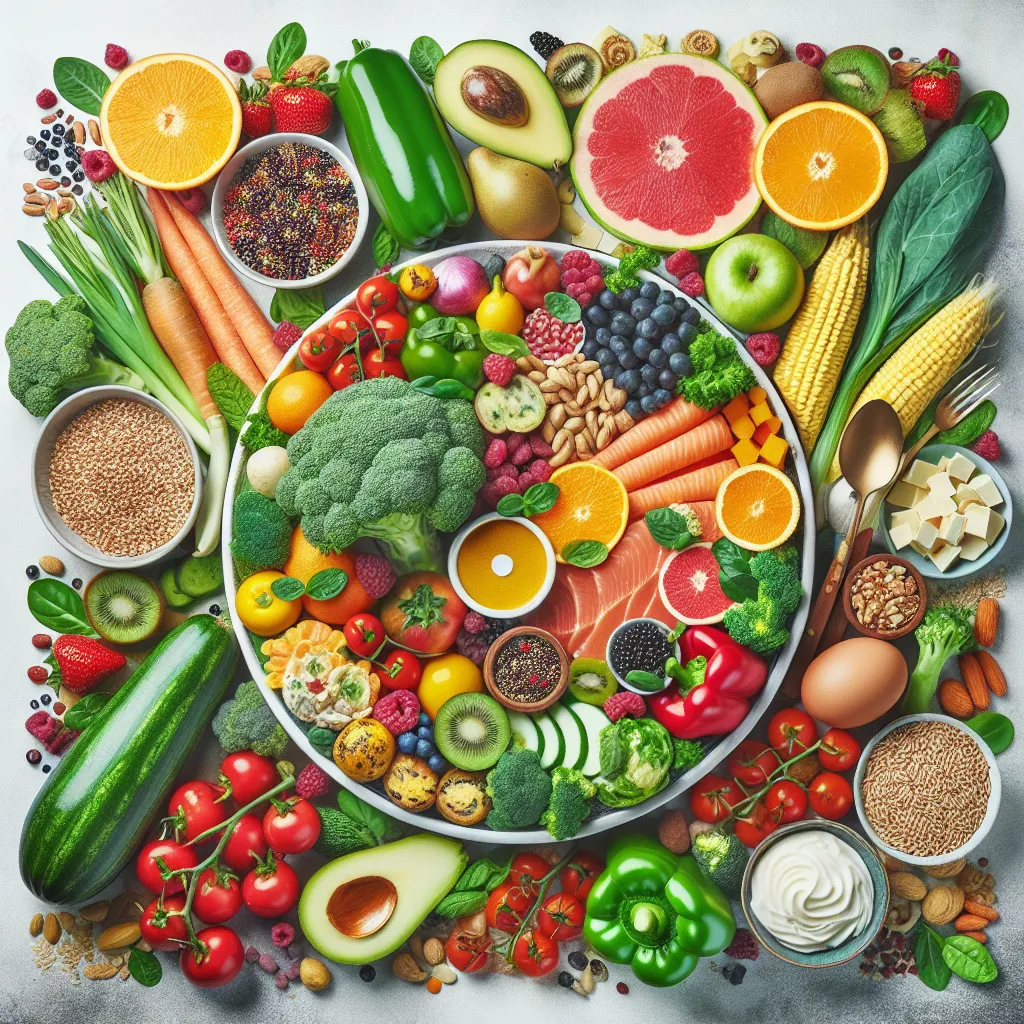The Role of Macronutrients in Balanced Nutrition
When it comes to maintaining a healthy lifestyle, the importance of consuming balanced meals cannot be overstated. A key aspect of balanced nutrition is understanding the role of macronutrients – carbohydrates, proteins, and fats – in our diet. Each macronutrient plays a vital role in supporting our body’s functions and overall well-being.
Carbohydrates are the body’s primary source of energy, providing fuel for our muscles, brain, and central nervous system. Whole grains, fruits, and vegetables are excellent sources of complex carbohydrates, which release energy slowly and help regulate blood sugar levels.
Proteins are essential for building and repairing tissues, as well as for the production of enzymes and hormones. Consuming a variety of lean proteins such as poultry, fish, legumes, and dairy products helps maintain muscle mass and supports a healthy immune system.
Fats are necessary for the absorption of fat-soluble vitamins, insulation of body tissues, and providing a source of essential fatty acids. Opting for healthy fats like those found in nuts, seeds, avocados, and olive oil can contribute to improved heart health and overall well-being.
By understanding the role of macronutrients and including a balance of carbohydrates, proteins, and fats in our meals, we can ensure that our bodies receive the necessary nutrients for optimal function and health.
Choosing Whole Foods for Nutrient-Rich Meals
Choosing whole foods for nutrient-rich meals is essential for maintaining a healthy lifestyle. Whole foods, such as fruits, vegetables, whole grains, lean proteins, and healthy fats, provide a wide range of essential nutrients that our bodies need to function properly. Unlike processed foods, which are often high in added sugars, unhealthy fats, and preservatives, whole foods offer a rich source of vitamins, minerals, antioxidants, and fiber.
When planning balanced meals, it’s important to incorporate a variety of whole foods to ensure that you’re getting a diverse range of nutrients. For example, a colorful salad with leafy greens, vibrant vegetables, and a lean protein like grilled chicken can provide a spectrum of vitamins, minerals, and antioxidants. Similarly, a quinoa bowl with a mix of colorful vegetables, beans, and avocado not only offers a complete source of protein but also supplies a range of essential nutrients.
In addition to being nutrient-dense, whole foods are often lower in calories and higher in fiber, which can support weight management and digestive health. By choosing whole foods over processed options, individuals can reduce their intake of added sugars, sodium, and unhealthy fats, which are commonly found in processed and fast foods.
Overall, making the choice to prioritize whole foods for nutrient-rich meals is a crucial aspect of promoting a healthy lifestyle. By embracing a balanced diet rich in whole foods, individuals can support their overall well-being, reduce the risk of chronic diseases, and maintain a healthy weight.
Creating Balanced Meals for Optimal Health
Creating balanced meals is essential for maintaining optimal health and overall well-being. A balanced diet provides the body with the necessary nutrients, vitamins, and minerals it needs to function properly. When planning meals, it is important to include a variety of food groups such as fruits, vegetables, whole grains, lean proteins, and healthy fats.
One key aspect of creating balanced meals is portion control. It’s crucial to pay attention to portion sizes to avoid overeating and to ensure that you are consuming the right amount of nutrients for your body. In addition, focusing on incorporating a wide range of colorful fruits and vegetables into your meals can help provide a spectrum of vitamins and antioxidants essential for good health.
Another important consideration when creating balanced meals is to limit the intake of processed foods, sugary beverages, and high-fat, high-sodium products. These items can contribute to weight gain, high cholesterol, and other health issues when consumed in excess. Instead, opt for whole, unprocessed foods to maximize the nutritional benefits of your meals.
Furthermore, meal planning and preparation are crucial for maintaining a balanced diet. By taking the time to plan your meals in advance, you can ensure that you are incorporating a variety of foods and nutrients into your diet. This can also help you resist the temptation of reaching for unhealthy convenience foods when you are in a rush.
In conclusion, creating balanced meals is a fundamental aspect of maintaining a healthy lifestyle. By focusing on portion control, incorporating a variety of nutrient-rich foods, and minimizing the intake of processed items, you can support your overall health and well-being for the long term.

